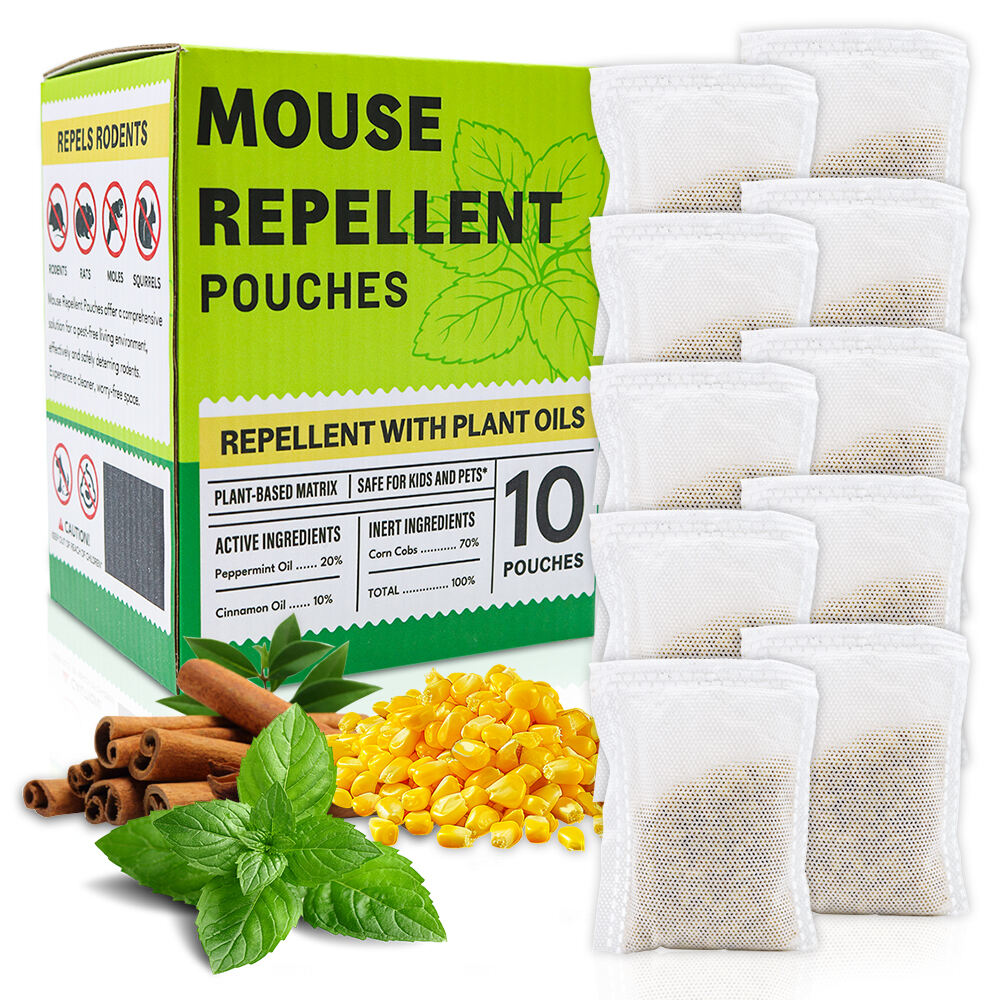No.20,Lane No.912,Haishu district,Ningbo,Zhejiang China +86-15728035170 [email protected]
No.20,Lane No.912,Haishu district,Ningbo,Zhejiang China +86-15728035170 [email protected]
Mothballs have long been associated with pest control, particularly when it comes to dealing with rats and mice. At Ningbo Glantu Electronic Industry & Trade Co., Ltd., a company dedicated to natural mosquito repellent products like leather mosquito repel wristbands and mosquito repel patches, we can examine the use of mothballs for rats and mice from a different angle. Mothballs contain chemicals such as naphthalene or paradichlorobenzene, which emit strong, pungent odors. The idea behind using mothballs for rats and mice is that these odors are so unpleasant to the rodents that they will avoid areas where the mothballs are placed. People often scatter mothballs in basements, attics, garages, and other places where rats and mice are likely to hide or enter a building. However, there are significant drawbacks to using mothballs for this purpose. One of the most concerning issues is the toxicity of the chemicals in mothballs. Naphthalene and paradichlorobenzene are harmful to humans and pets if inhaled or ingested in large amounts. Prolonged exposure to these fumes can lead to health problems such as respiratory issues, anemia, and even damage to the liver and kidneys. Children and pregnant women are especially vulnerable to the harmful effects of these chemicals. Another problem is the limited effectiveness of mothballs against rats and mice. Rodents are intelligent and adaptable creatures. They may initially be repelled by the smell of mothballs, but over time, they can become accustomed to the odor and continue to inhabit the area. This means that mothballs may provide only a temporary solution to a rodent infestation. In contrast, our company emphasizes the use of 100% natural essential oils in our products. Essential oils like citronella, geranium, and peppermint have strong scents that rats and mice dislike. A more natural and safer approach to rodent control could involve using these essential oils. You can create a homemade rodent repellent by diluting the essential oils with water and spraying it in areas where rodents are active. Alternatively, you can soak cotton balls in the oils and place them strategically around your home. In addition to using natural repellents, it's crucial to take preventive measures to control rat and mouse populations. Seal off any cracks or holes in your home's exterior to prevent rodents from entering. Keep food stored in airtight containers and maintain a clean living environment to reduce the attractiveness of your home to these pests. In conclusion, while mothballs have been traditionally used to repel rats and mice, their toxicity and limited effectiveness make them a less - than - optimal choice. Exploring natural alternatives, such as essential oil - based repellents, and implementing preventive measures can offer a safer and more sustainable way to deal with rodent infestations.




Copyright © 2025 by Ningbo Glantu Electronic Industry And Trade Co., Ltd. - Privacy policy